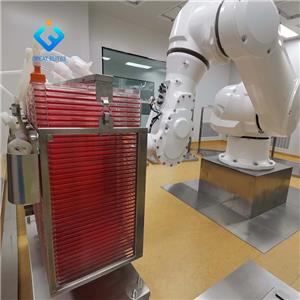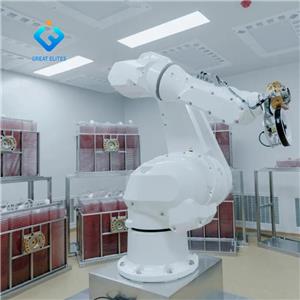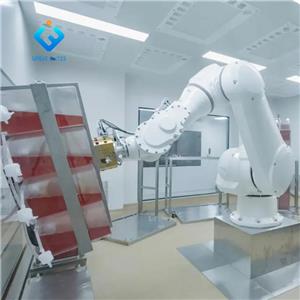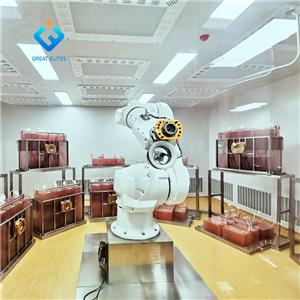Type of cell culture
Type of cell culture
Animal cell culture
Among all cell cultures in vitro, animal cell culture is the most difficult. The following are the special conditions it needs.
⑴ serum: serum is often required for in vitro culture of animal cells. The most commonly used is calf serum. Serum provides essential growth factors such as hormones, trace elements, minerals and fats. Here, serum is the natural nutrient solution for in vitro culture of animal cells.
⑵ support: most animal cells have the habit of adherent growth. In vitro culture, glass and plastic are often used as supports.
(3) gas exchange: the ratio of carbon dioxide and oxygen should be continuously adjusted during cell culture to maintain the required gas conditions. [2]
Plant cell culture
(1) light: the plant cells cultured in vitro are not very strict with the light conditions, because the materials required for cell growth are mainly supplied by the culture medium. However, light is not only related to photosynthesis, but also related to cell differentiation. For example, light cycle can regulate sexual cell differentiation and flowering. Therefore, light conditions are particularly important in early plant cell culture for the purpose of obtaining plants. In the process of obtaining important substances, such as drugs, by in vitro culture of plant cells, most of the plant cells are suspended in the reactor.
(2) hormone: the division and growth of plant cells especially need the regulation of plant hormones. Auxin that promotes growth and mitogen that promotes cell division are the most basic hormones. The division, growth, differentiation and individual growth cycle of plant cells are regulated by corresponding hormones. Compared with animal cells, the principle of hormone requirements for plant cell culture in vitro has been understood, and its application technology has been quite mature. There is a set of culture medium that can be used. At the same time, it solves the needs of plant cells for water, nutrients, hormones, osmotic pressure, pH and trace elements. [2]
Microbial cell culture
Microorganisms are mostly single-cell organisms, and the wild living conditions are relatively simple. Therefore, the conditions of artificial cultivation of microorganisms are much simpler than those of animal and plant cells. The cultivation of anaerobic microorganisms is more complicated than that of aerobic microorganisms, because strict anaerobic requires maintaining the concentration of non oxygen inert gases such as carbon dioxide, while aerobic microorganisms only need to provide sterile oxygen through continuous stirring. The requirements of microorganisms on culture conditions are not as strict as those of animal and plant cells. Corn pulp, peptone, wort, yeast extract and so on have become good natural culture media for microorganisms. For the nutritional conditions of some special microorganisms, they can be added on the basis of these natural media.




